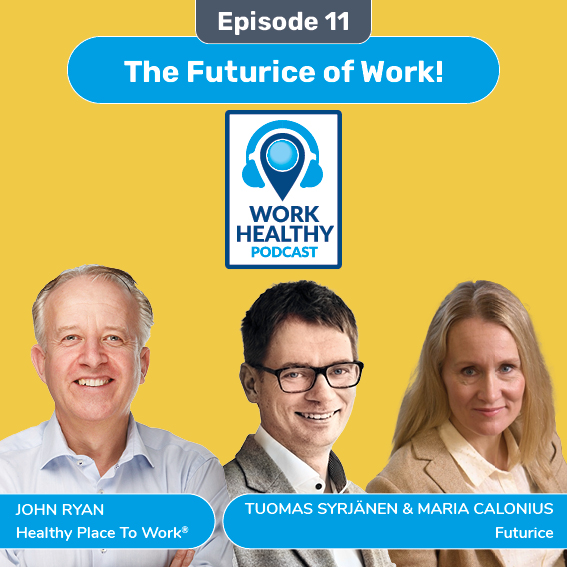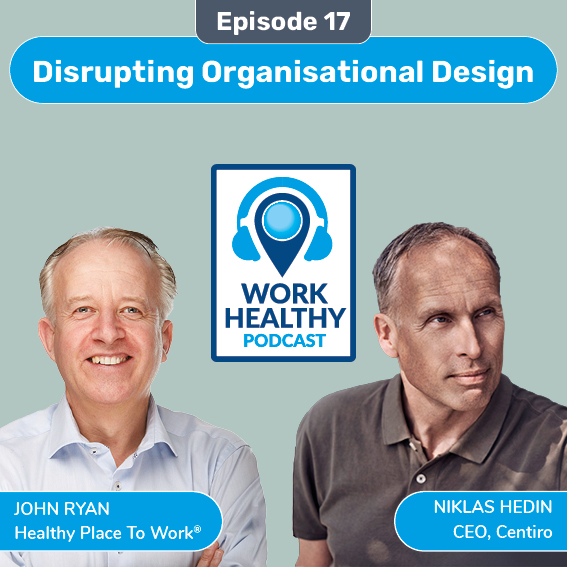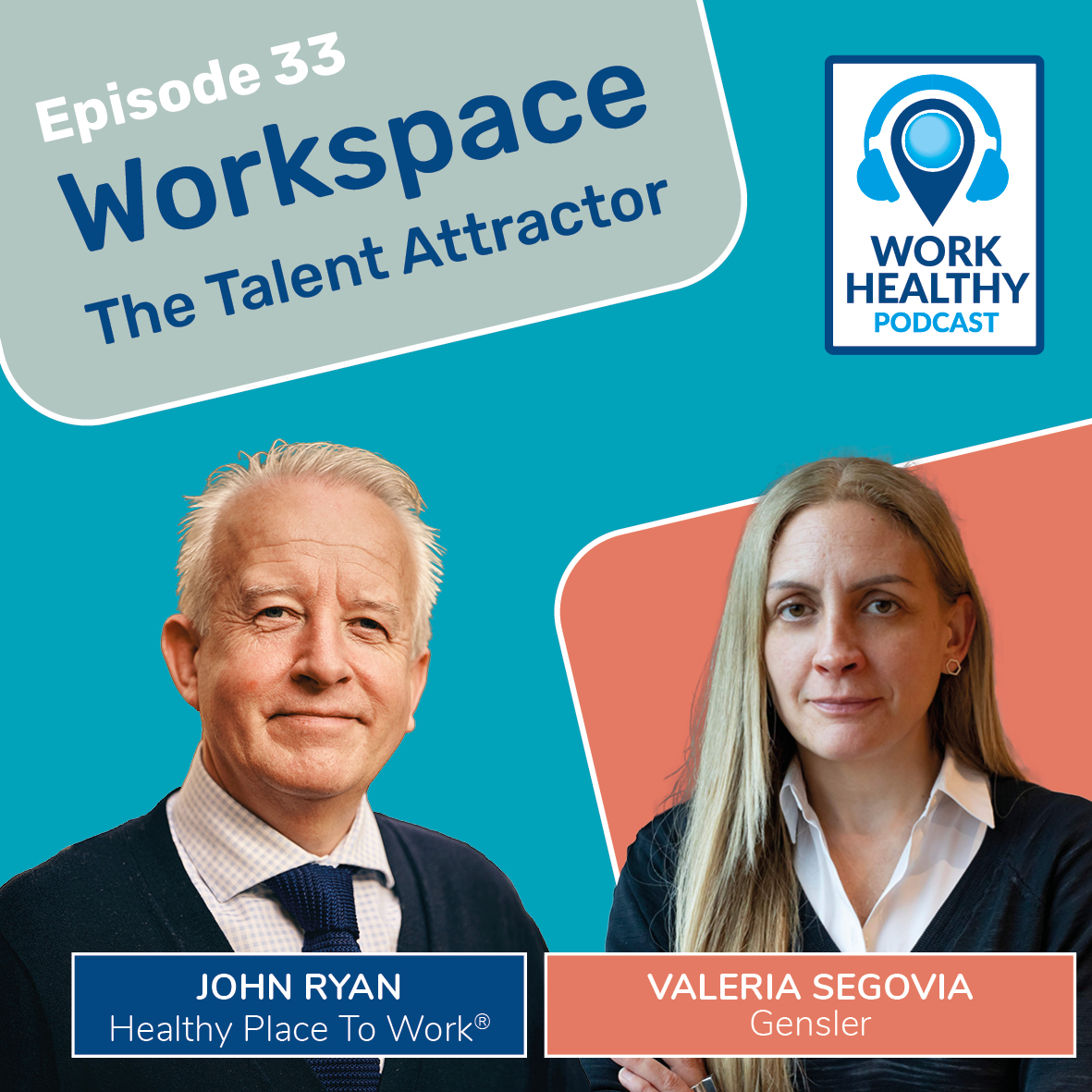Our next podcast in the ‘Work Healthy’ series is a real treat as we head to the beautiful island of Singapore. Our guide on our journey is the wonderful Peck Kem Low who is the Chief HR Officer and Advisor (Workforce Development) for Singapore's Public Service Division. Her prior role was Senior Director for Human Resource & Organisation Development at GAIN, managing HR and corporate administration globally. Her career spans quality engineering, manufacturing management, and VP of HR in the private sector with Tandon, Western Digital, Hewlett Packard, Agilent Technologies, and Avago Technologies. In the public sector, she was a Divisional Director at the Ministry of Manpower. Her diverse background offers a unique leadership perspective across Asian, European, and American cultures.
Peck Kem is the first Asian CIPD Chartered Companion and was listed as one of the 100 Most HR influencers from Southeast Asia. She was also named as one of Asia's Top 50 HR Leaders in 2024 by SpeakIn Asia. In addition, she currently serves as President of Singapore Human Resources Institute and President of the World Federation of People Management Associations.
In a fascinating interview we discuss how Singapore has increased life expectancy from 65 to 84, Peck Kem talks among other things about an app that if you do 10,000 steps each day for 3 weeks you get paid, how they have over 480 coaches in the public sector, an initiative where you get 1500 Singapore Dollars to invest in your education and development, we talk 4 day weeks, sin tax, mini retirements, working from home, productive longevity, and why they’ve outlawed vaping.
A fascinating insight with some innovative policies focused on helping the population live long healthy lives.
We hope you enjoy the conversation.

For the eleventh episode of The Work Healthy Podcast, we interview co-founder, board member and AI Director of Futurice, Toumas Syrjanen along with the...

In the most recent episode of The Make Work Healthy Podcast Series, we interviewed CEO of Centiro - Niklas Hedin! In this podcast interview,...

Founded in 1965, Gensler is the world’s largest architecture and design firm, employing over 6,000 professionals across 56 offices in 16 countries, with clients...